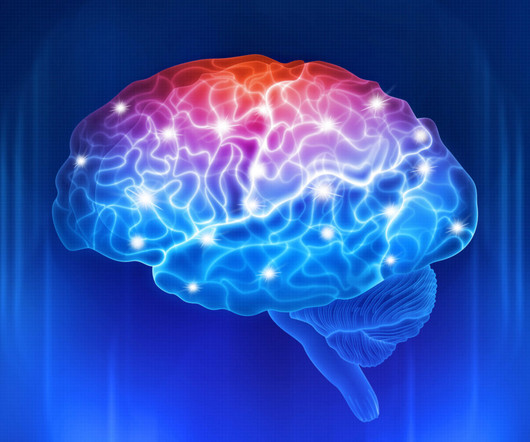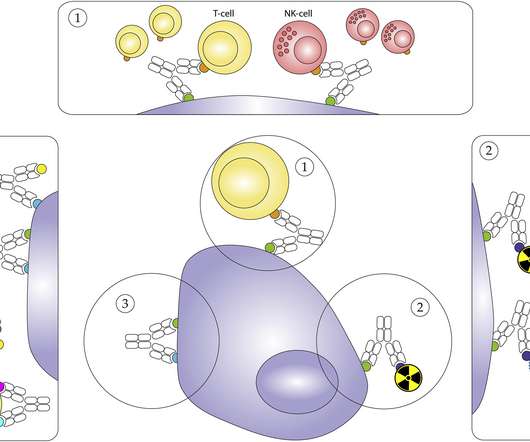Brain Awareness Week 2024: A Spotlight on Brain Health and New Treatments for Neurological Diseases
XTalks
MARCH 6, 2024
This includes discussions on cutting-edge technologies and methodologies in brain research, such as neuroimaging, genetic engineering and artificial intelligence. This relates to neurological conditions like dementia and Alzheimer’s disease, which account for up to 70 percent of dementia cases.












Let's personalize your content